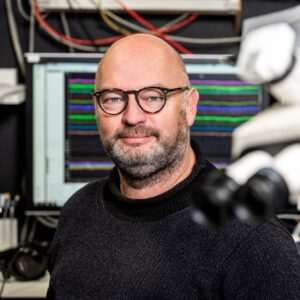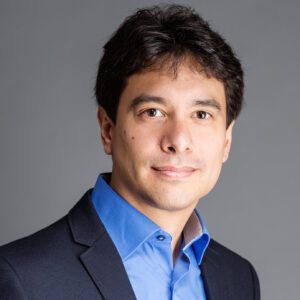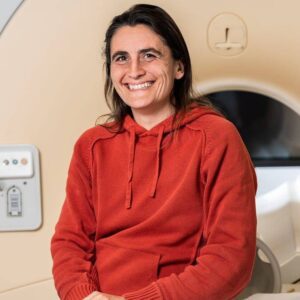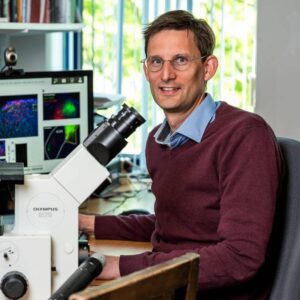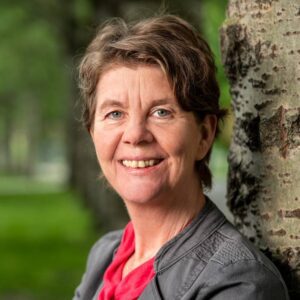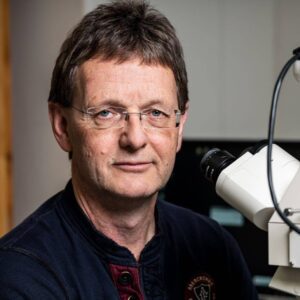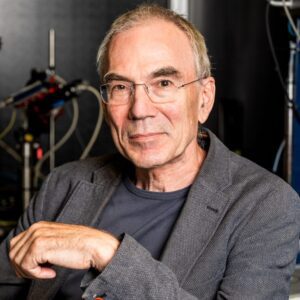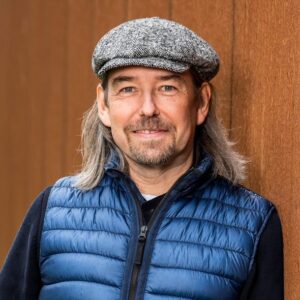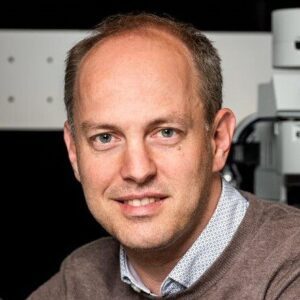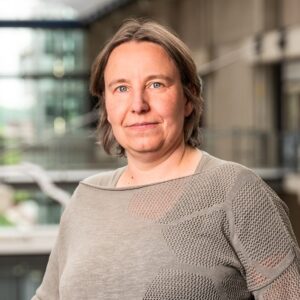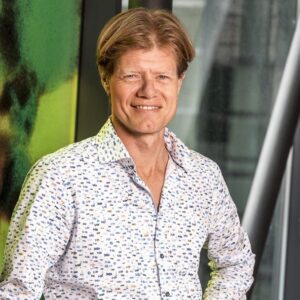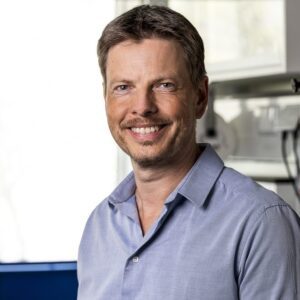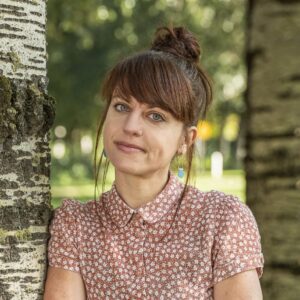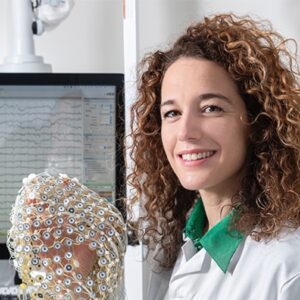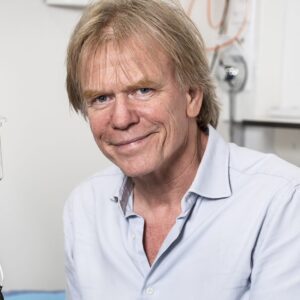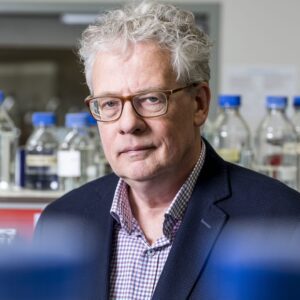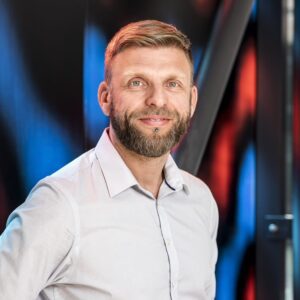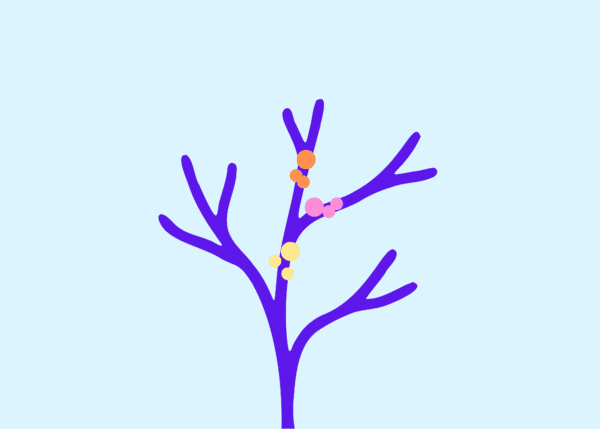
About us
Unlocking the secrets of our brain
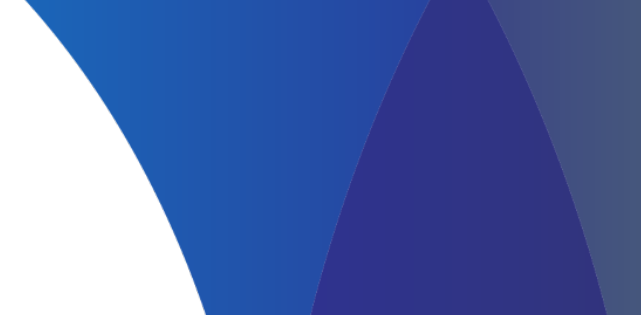
Unlocking the secrets of our brain
Mission
The Netherlands Institute for Neuroscience (NIN) aims to understand the neural circuits that create our mental functions and how they change in brain disorders.
Position
The brain holds the key to who we are, how we perceive the world and how we act upon it. To understand the brain circuits that enable our mental functions, the Netherlands Institute for Neurosciences leverages a cross-species approach from humans to non-human animals and back. With brain disorders the primary cause of lost quality of life, we unravel the mechanisms that enable the mental functions that are altered in these disorders.
By synergizing diverse research groups harnessing state-of-the-art neurotechnologies across the human, primate and rodent brain, the NIN is in a unique position to uncover circuits and molecular mechanisms that generate these mental functions. The NIN catalyzes neuroscience progress by its unique facilities including the Netherlands Brain Bank, Primate Unit, the Sleep lab and registry, and Spinoza Centre for Neuroimaging (joint with Vrije Universiteit Amsterdam and Amsterdam UMC). Fundamental insights from post-mortem and MRI human studies are combined with interrogation and modulation of the neural micro-architecture and molecular constituents to ultimately comprehend the causal relationships between brain activity and variability in mental functions.
The Netherlands Institute for Neuroscience has eighteen research groups. They are part of the NIN community and join (group)meetings, seminars and social events. All eighteen groups are housed in the NIN buildings and use the (lab)facilities and other services provided by the NIN. The employees of fiftheen groups are employed at the NIN and led by the NIN director. The employees of three groups are employed at the AMC and (formally) led by AMC management. Current director of the NIN is Christiaan Levelt.
The NIN aims to establish a flat management culture, in which all PIs, young talents and support staff feel free to communicate at all levels of the organization and in which all can develop their academic and technical skills and prosper.
Click here for our organizational chart
Inclusion mission statement
At NIN, we recognize that prejudice, discrimination and racism can occur anywhere in both implicit and explicit ways. We therefore pursue an active diversity policy to help reduce inequality, remove barriers and create equal opportunities for everyone. We strive for an environment with equal opportunities for all, regardless of age, sex, gender identity, sexual orientation, religion, culture, disability, race and ethnicity. NIN encourages excellence by resolutely pursuing an inclusive environment, where synergies across diverse individuals and groups are harnessed.
Acknowledging, respecting and integrating the diversity of our community, is our way to Master the Mind.
